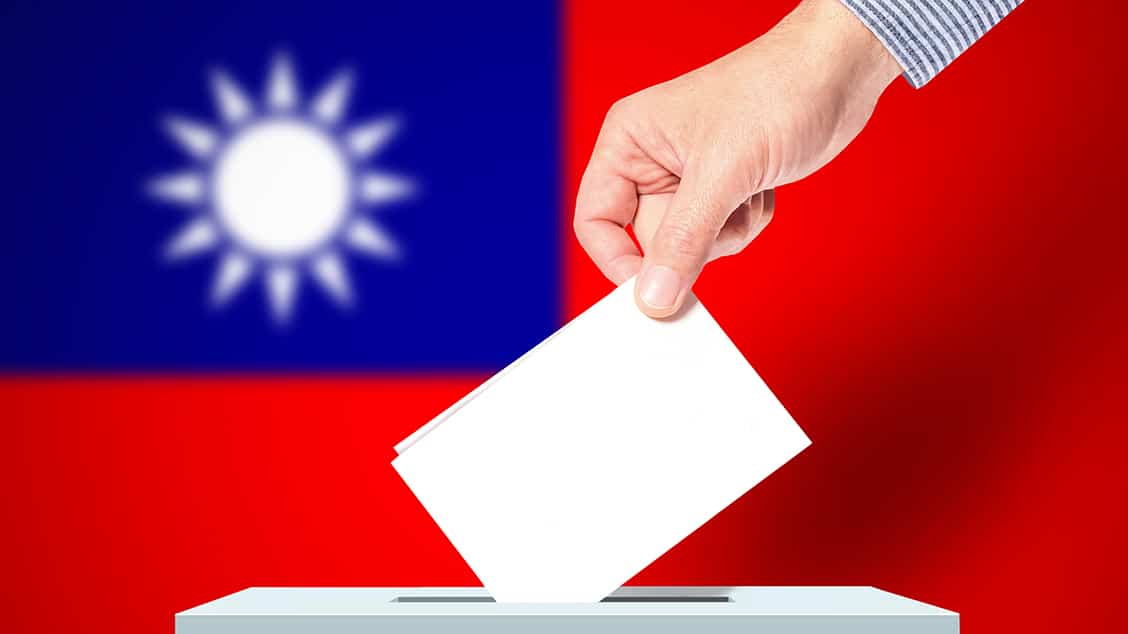The vice-president and candidate of the ruling Democratic Progressive Party (DDP) William Lai will be vying for the post of president of Taiwan in January against the Kuomintang’s Hou Yu-ih, and Ko Wen-je of the People’s Party (TPP). The lineup of contenders was finalized at the very last minute after months of speculation, talks of a unity bid by the opposition (ending in a dramatic split), and Foxconn tycoon and former independent candidate Terry Gou withdrawing abruptly. For all the local and mostly behind-the-scenes drama, the outcome of the election may carry repercussions stretching far beyond the confines of the island.
Intensified by the war in Ukraine and diplomatic tensions with the US, fears of conflict with China—which claims Taiwan as its own territory—have not loomed this large in decades. Since Taiwan had its first democratic election in 1996, the issue of forging closer ties with China versus safeguarding Taiwan’s distinct identity and sovereignty has been at the core of the political debate. Whereas a win by Lai, who is ahead in the polls and whose party opposes the “One China” principle, would hardly quell those fears, his challengers advocate for a more congenial approach towards China.
“If the DPP wins the election, the odds of Taiwan’s relationship with the People’s Republic of China changing is practically 0%,” says Lev Nachman, a professor at the National Chengchi University in Taipei and the co-author of Taiwan: A Contested Democracy Under Threat: “Beijing has decided that any DPP candidate—regardless of their varying politics within the party—is unacceptable.” But in the unlikely scenario that any of the opposition candidates pulls it off, Nachman adds, then the odds of communication between the Cross-Strait reopens: “While this does not mean there will be any drastic change, it will certainly upset the status quo we have come to know over the last 8 years.” Still, relations with China will not be the only focus of the election. Taiwan is struggling with economic stagnation, income inequality, and a whole array of labor issues, as well as with environmental problems and the heavy reliance on costly imported energy. If the DPP does not perform well at the polls, some critics argue, it will not be because of how it handled China’s affairs, but for failing to efficiently address people’s needs.




